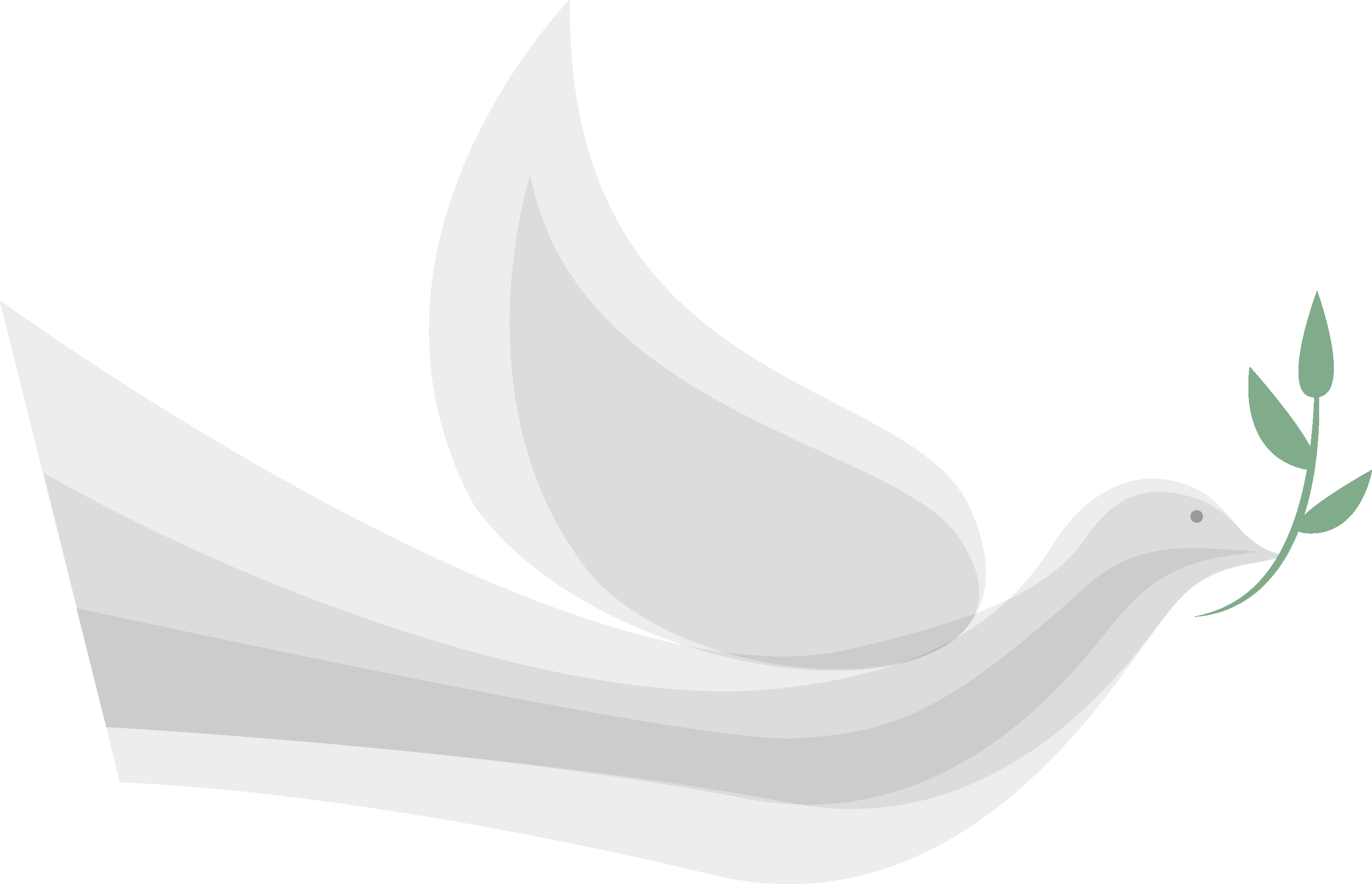Walking into Olive Branch Counseling Associates for the first time, my eyes were automatically drawn to a handful of brightly-colored textile weavings adorning the soft blue walls. Curiosity piqued, I followed my supervisor, and a trail of the technicolored hangings, through the door and down the hallway. I stepped into her office, and I knew right away that this must be where they originated. It was a haven filled with soft warm light, the lively green of plants, and various pieces that whispered of cultures from all over the globe. Over the course of the interview, we got to chatting about our experiences traveling. It quickly became clear that supporting artisans in developing countries was one of Louella’s passions. She and Olive Branch Counseling are particularly involved with a non-profit called The Light and Leadership Initiative, which in turn supports Huaywasi, an organization based in Perú. “Fair Trade,” she called it.
I had heard the term before–it’s been all over social media, actually–but truthfully, I was still a little unsure about what it meant. As an intern here at Olive Branch, part of my job is making posts for the blog; I was told I could write about the culturally relevant topic of my choice. This seemed like a perfect opportunity to research just what Fair Trade is; and more importantly, why it should matter to me (and all of us). So for this first post, we’ll start with the basics. What does Fair Trade mean? Here’s what I found from The Good Trade, in a post about conscious consumerism:
There are several different Fair Trade certifications and networks. Each organization has somewhat different standards, may serve different regions of the world, or have different auditing processes. However, they all have a similar common goal: to create a world in which workers are treated with integrity, paid fairly, and work in safety. Fairtrade International and their US representative Fairtrade America defines Fair Trade as: “a trading partnership, based on dialogue, transparency and respect, that seeks greater equity in international trade. It contributes to sustainable development by offering better trading conditions to, and securing the rights of, marginalized farmers and workers – especially in developing countries.”
Fair Trade products can range from crops and foods to clothing, but across the board, goods labeled “fair trade” must be produced without forced labor, by workers who have access to a good working environment. Additionally, Fair Trade goods are always sold at or above a certain floor price, which ensures that all individuals involved are fairly compensated for their labor in the production of that item.
So now we come to point two of this post: why does it matter whether or not something is fair trade? Quite frankly, that’s something that each of us has to answer for him- or herself. For me, it comes back to humanity. I personally believe that humanness is inherently valuable, and therefore each human life should be treated in a way that reflects how precious it is. Giving every person equal opportunities to find purpose through work, to do that work in a safe place, and to be fairly compensated for that work, is just one example of how we can validate individuals’ worth. Supporting Fair Trade organizations takes almost no extra time or effort for consumers, but it can make a huge difference for producers, especially in a world in which hundreds of thousands of people are taken advantage of working in factories dedicated to mass-production (often in poor conditions, for little-to-no pay).
Megan Deweerd
Undergraduate Intern
Olive Branch Counseling Associates, Inc.

Leave a comment